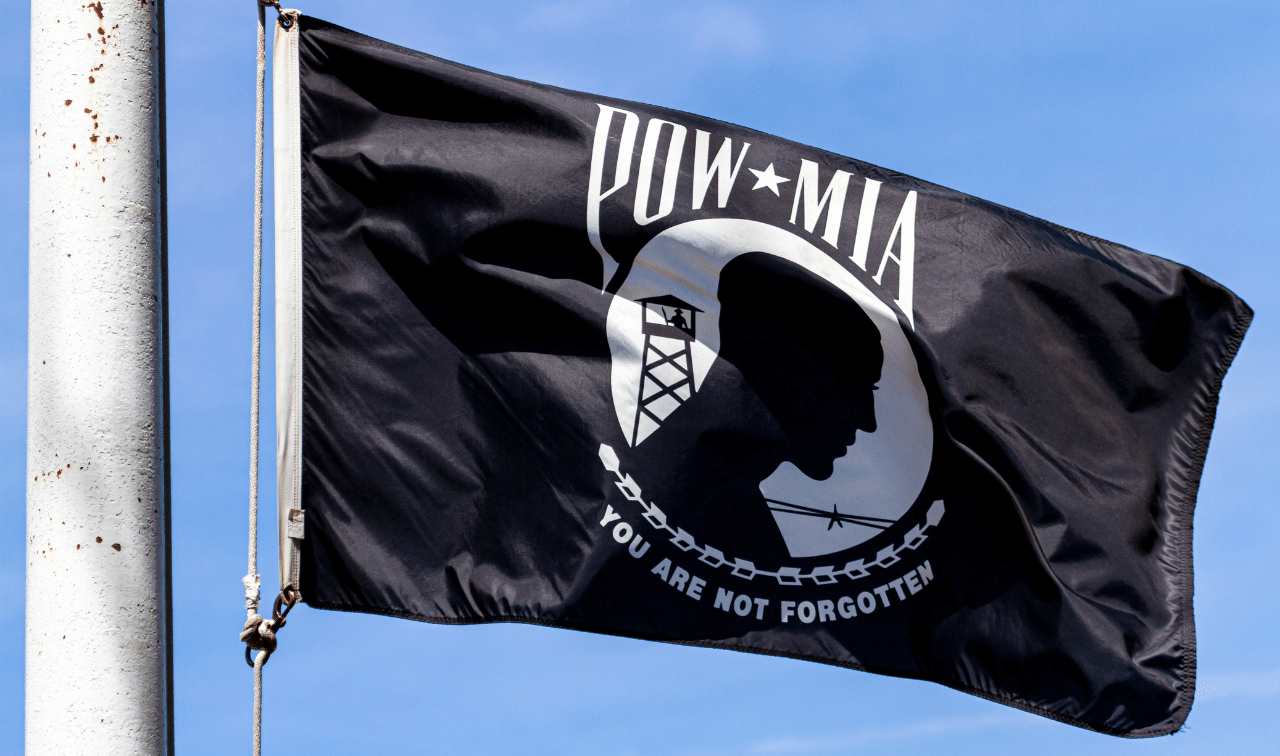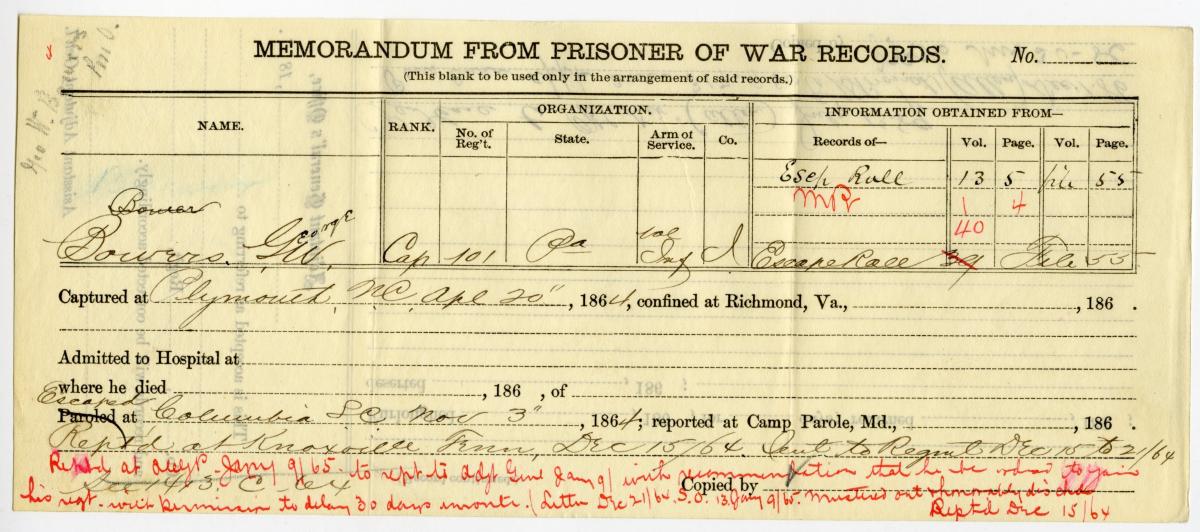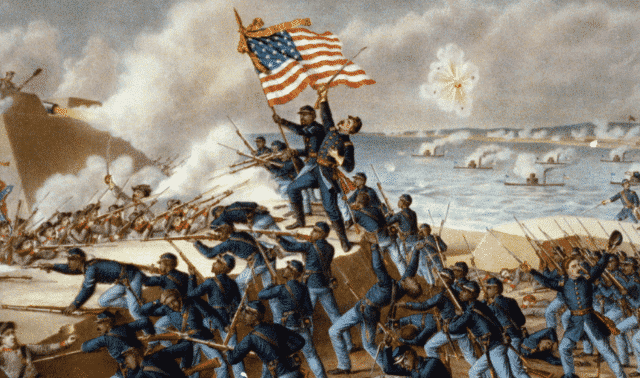Q. My grandfather was in the US Merchant Marine from 1893 to 1915. Where would I search for records?
A. Merchant mariners (aka merchant seamen) work on commercial cargo ships to and from US ports. During wartime, they’ve also served as auxiliaries to military and naval forces. To find information about your grandfather; begin by gathering clues from family and local sources, including hometown newspapers, and from the 1900 and 1910 federal censuses.
Next, request a search of Merchant Marine records at the National Personnel Records Center in St. Louis (314-801-9250, ” target=”_blank” rel=”noopener noreferrer”><www.uscg.mil/hq/g-m/nmc/web>) in Arlington, Va., holds merchant seamen records dating from the late 1930s, but isn’t likely to have records from your grandfather’s era.
You can find some Merchant Marine crew lists on microfilm at the National Archives and Records Administration (NARA) ” target=”_blank” rel=”noopener noreferrer”><www.familysearch.org > and other research facilities. Before using these lists, try to identify US ports your grandfather might have sailed into. For names of ports with microfilmed crew lists, as well as information on other Merchant Marine records, see chapter 13 of the Guide to Genealogical Research in the National Archives of the United States, 3rd edition, edited by Anne Bruner Eales and Robert M. Kvasnicka (NARA).




